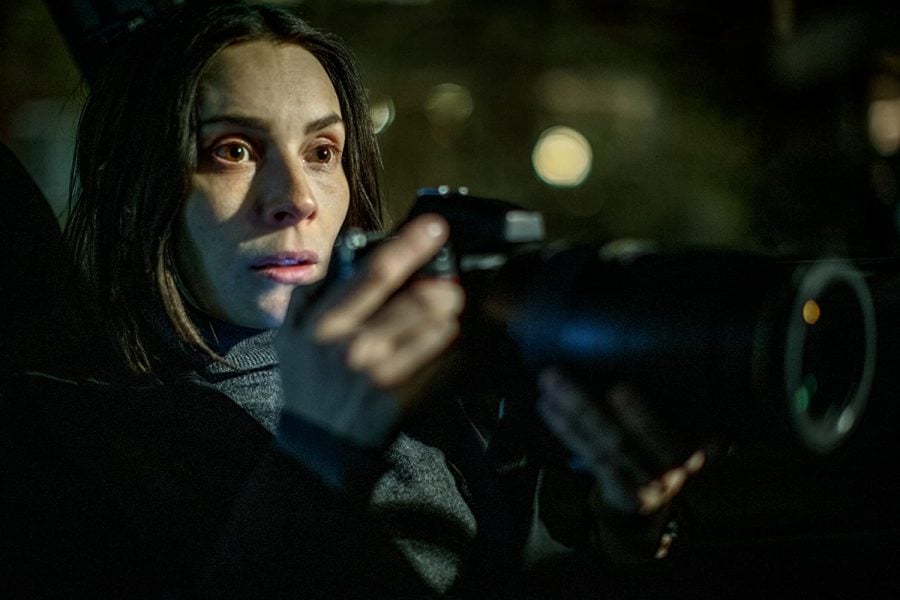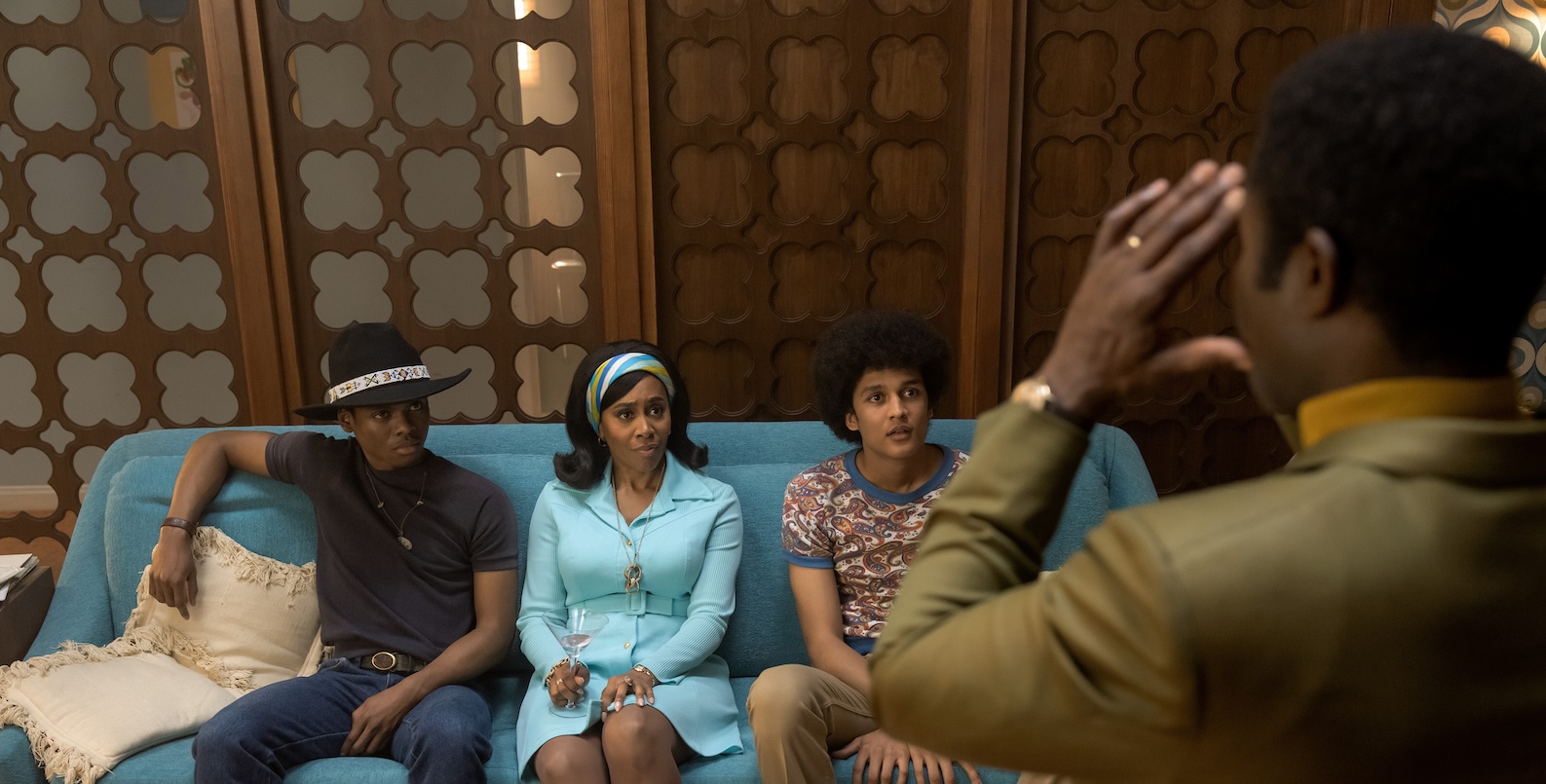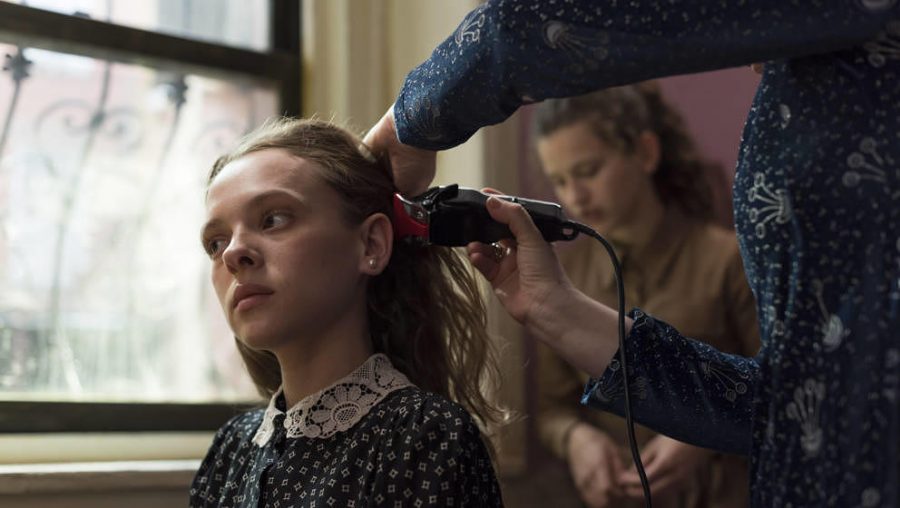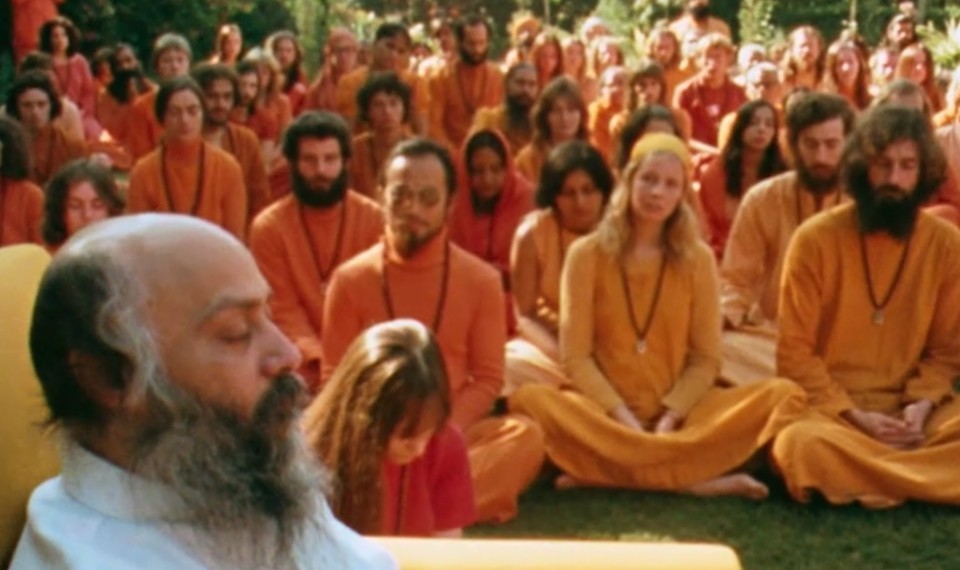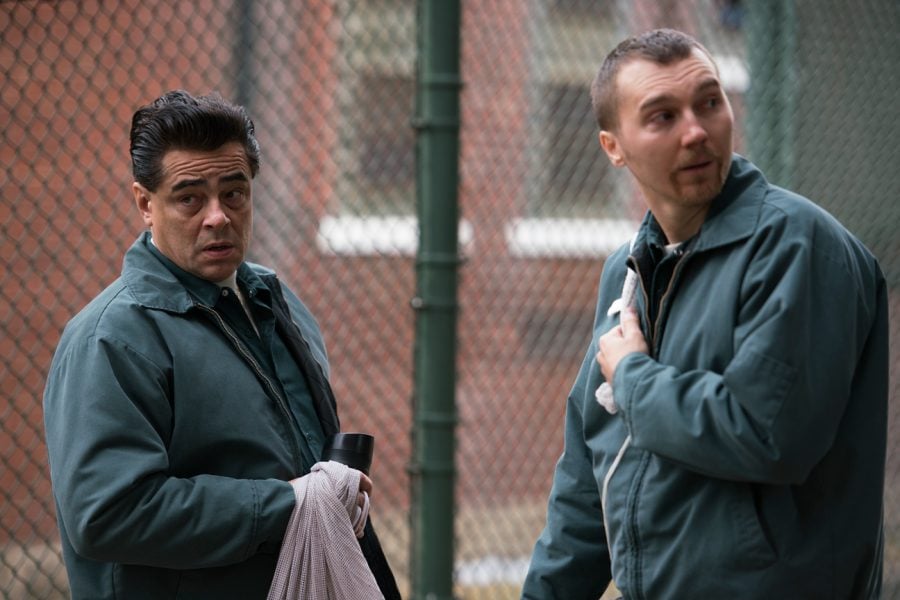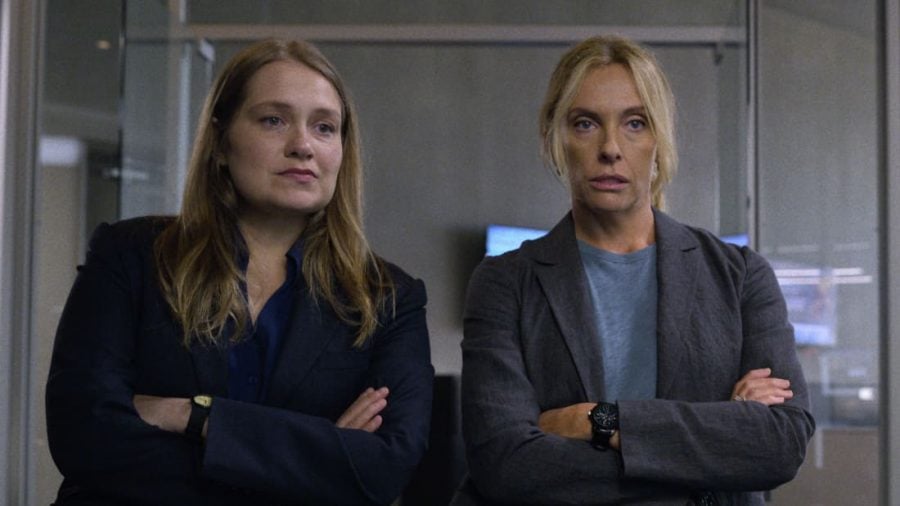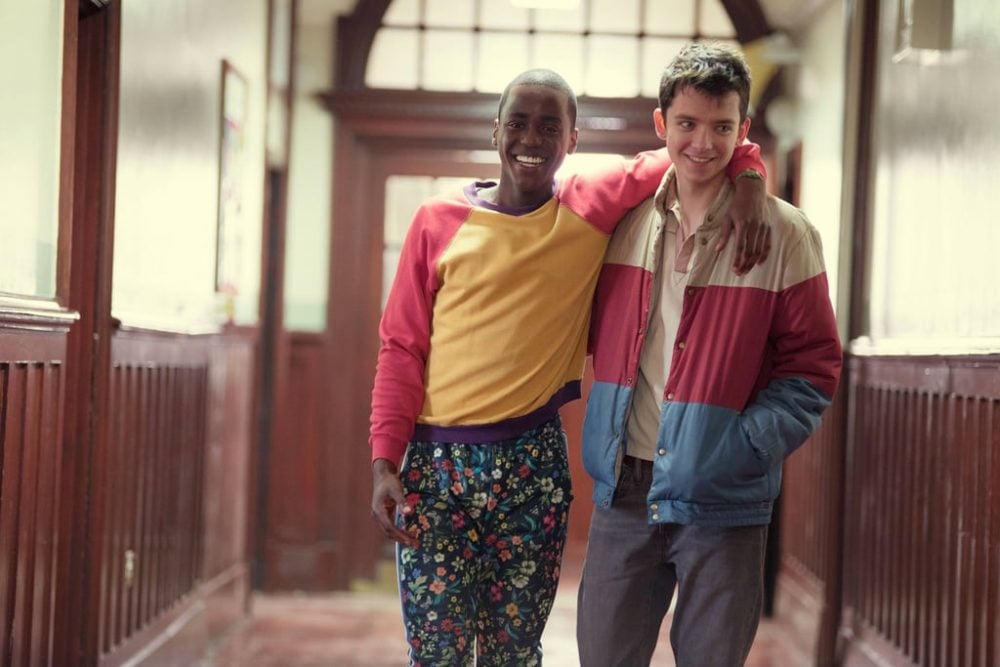Tore

7.2
TV Show
TLDR
Really intriguing, especially for avoidant people like myself.
What it's about
The take
When a loved one dies in front of you, immediately, suddenly, and unexpectedly, the normal reaction is to freak out. Tore portrays a man, who, upon that death, turns back to his work, focusing on the logistics of the event his company is hosting. Tore’s grief isn’t the histrionics we’re used to– instead, it spurs him to seek out experiences that he’s not used to, given that he’s still living in his parents’ house at 27. This strange disconnect is compelling to watch, as the show studies the way he avoids anything related to the death, just to keep his normal demeanor, in a steady and economical way. It makes for a unique and honest depiction of grief that still packs an emotional punch.
What stands out
Grief strikes people in different ways. It’s normal to watch characters lose it in films and shows after they lose a loved one, but in this Scandinavian drama, Tore does the opposite. He immediately walks away from the death, refusing to acknowledge that it happened at all, and quickly discusses the logistics of the funeral his company was handling. He talks to people he’s acquainted with, even flirting with a new florist he’s attracted to, but when the closest friend he has tries to talk to him about it, he shuts down and refuses to respond. It’s a unique way to capture grief, and William Spetz’ composed yet empty portrayal makes it feel cathartic to viewers whose response to grief feels out of the ordinary, even contrary to the portrayals we’re familiar with.
Comments
Your comment
UP NEXT
UP NEXT
UP NEXT
Curated by humans, not algorithms.

© 2025 agoodmovietowatch, all rights reserved.





